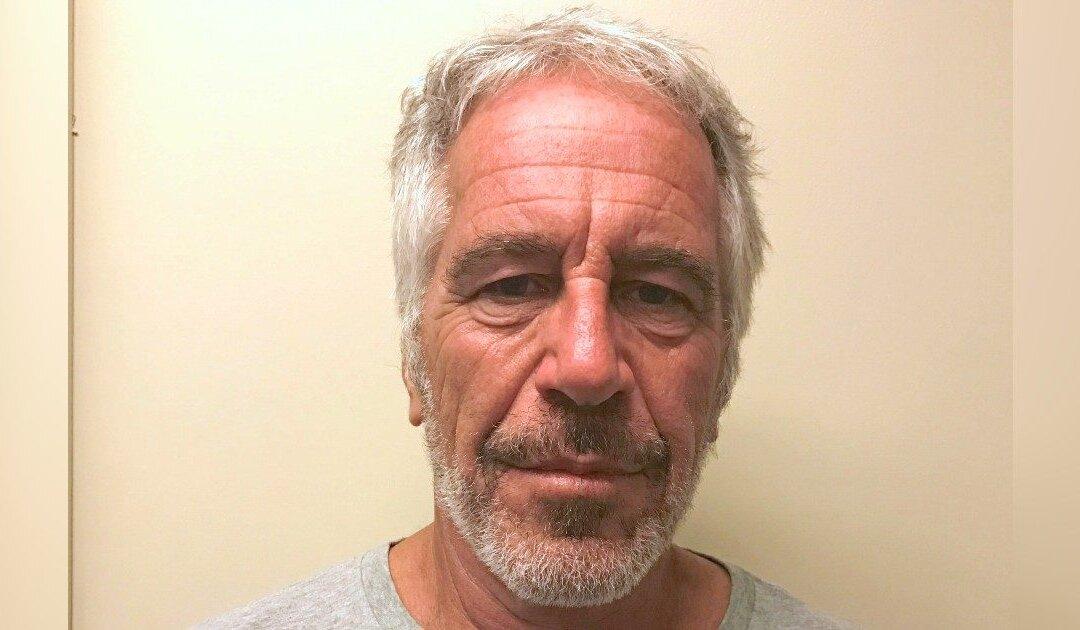The fate of hundreds of sealed court documents linked to convicted sex offender and alleged sex trafficker Jeffrey Epstein will soon be decided by a U.S. judge. A New York court is seeking to unseal papers that could be used to decide core issues in the case.
The sealed court documents reportedly contain the names of at least “hundreds” of people who are mentioned in a civil lawsuit filed against Epstein’s former associate, Ghislaine Maxwell, by one of Epstein’s alleged victims, Virginia Roberts Giuffre.





